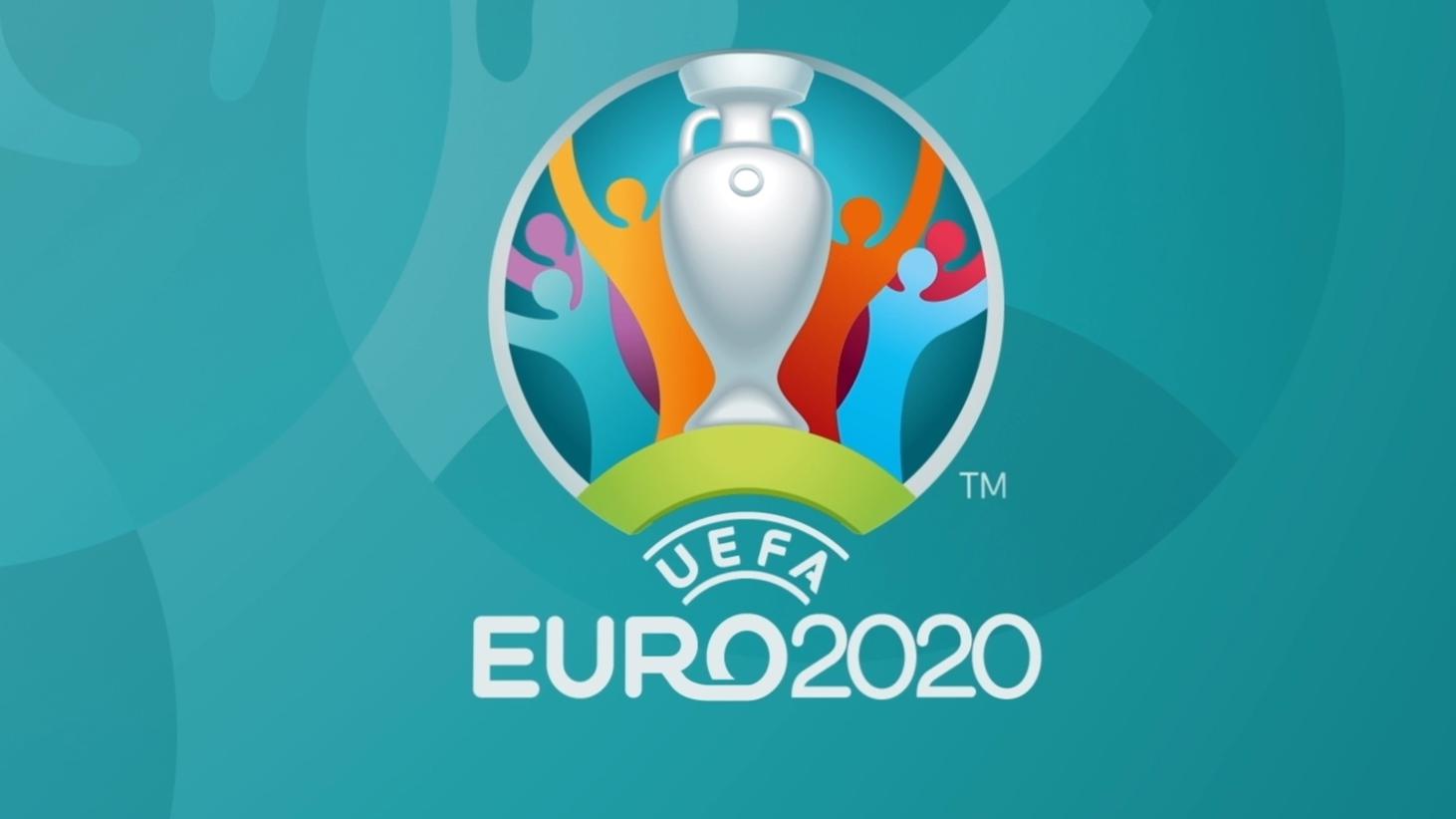Image Credits: UEFA
As yet another six month qualification process finally draws to a close, it is once again possible to hear the relieved, resounding sigh of football fans nationwide: the international break is over; and we are again free to consume our ceaseless buffet of Premier League, Champions League and FA Cup football ( Until the play-offs next March, that is).
The qualifiers for The European Championship is a formality for many of those which make it to the finals; 55 teams partake in qualification, with 24 making it to the Euros. It was always highly unlikely that teams of the ilk of France, Spain and Germany would fail to make it to the Finals next summer, and perhaps even more so that the minnows of San Marino, Gibraltar and Lichtenstein would.
And yet, despite this inevitable predictability, there has, at times, been palpable excitement. We need only look to the Cardiff City stadium on Tuesday evening to see a much-improved Wales team, buoyed both by a brace from Aaron Ramsey and a particularly vociferous home crowd, defeat Hungary and book their place in the Tournament – only their second appearance since 1958. Had the result swung the other way, the Dragons were facing another summer on the side lines.
Perhaps even more scintillating was the performance of Finland. Never before making an appearance at a major tournament, being placed in a group with former Euro winners Italy and Greece rendered their chances of qualification decidedly slim. That was before Teemu Pukki, Norwich city striker and talisman, scored ten goals in as many games to fire the Finns to the finals for the first time in their history.
England, as expected, breezed through qualification with a minimum of stumbles and slips (save one embarrassing loss in Prague), and the attacking trifecta of Harry Kane, Raheem Sterling and Jadon Sancho in particular have earned the admiration of onlookers, breeding excitement that the Halcyon days of last years World Cup run could well return.
The squad has been tested more so off the field than on it: in both Bulgaria and Montenegro, racism marred good performances. It was particularly rife in last month’s match in Sofia, appropriately described by Greg Clarke as “one of the most appalling nights I’ve seen in football”. The united, unwavering front displayed by Southgate and his players in the face of this barbaric behaviour is a testament to not only their strength of character, but furthermore the maturity that has been fostered in the squad particularly for such a young group of players.
Though England and Wales are both confirmed a place in next years tournament, Scotland, Northern Ireland and the Republic of Ireland have been condemned to a place in next year’s playoffs, a system so complex and convoluted it does not bear discussion. Scotland in particular have been disappointing, sporting several stilted performances against weak opposition, 3-0 and 4-0 defeats to Kazakhstan and Russia respectively being particular low points.
They, along with sixteen other teams, will have to wait until March to learn their fate. Such now is the nature of the qualifiers, only nineteen teams have been eliminated, with the most surprising of these being Greece. The tournament proper, however, is now tantalisingly close. With venues spanning the entire continent from Azerbaijan to Scotland, it is sure to be a fantastic occasion of footballing prowess, competitive and closely fought on all fronts. The exhaustive prelude of qualification is nearly over, and the much-anticipated main event can soon begin.

